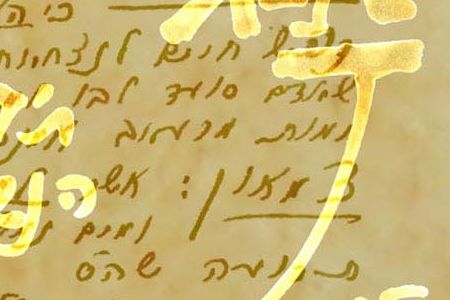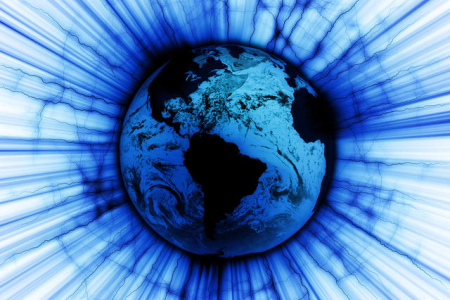Why Finding Meaning in Your Life Is So Important … And How to Do It
There is a state inherent in the process of human development in which we feel bad without achieving the goal of creation, which is to attain adhesion with Nature’s quality of love and bestowal, even in our normal life on earth, as if it is not related to the higher goal. However, we exist in the material world to rise out of it and reach the goal of creation.
Therefore, a situation in human development comes about when we suddenly start feeling like we can no longer continue along the same lines of progress, and it is necessary to find the meaning of life. From this moment, the person starts searching for the meaning of life.
One feels a lack of fulfillment in one’s earthly desires, which cannot be satisfied with anything, and thus starts crying, “What is the meaning of my life?” One loses the taste of existence so much that one does not understand why one needs this life if he does not realize its purpose.
The person needs to realize the method of Kabbalah to achieve the purpose of creation, to attain contact with the force of bestowal and love. Humanity’s entire life aspires to this single goal, and Kabbalah lets a person discover this goal faster than one who will be led to it via all kinds of blows. [Source: Dr. Michael Laitman, “Life Is Good if You Know its Meaning”]
Who Am I? Why Do I Exist?
The wisdom of Kabbalah speaks about my ascent to a higher dimension. What does “ascent” mean? The Kabbalists say: “You exist in a higher dimension but do not feel it. You have to reveal yourself as existing in it.”
I exist in two dimensions. One is at the level of “this world,” where I reside in my physical body. The other is in a higher dimension, where I exist in my spiritual body. This spiritual body, a desire to bestow, is concealed from me, and I know nothing about it. Opposite it, there is the upper force called “the Creator.”
Nature is opposite my corporeal body. In my current perception of reality, I feel bad, which pushes me to uncover the higher reality, my existence as “the soul and the Creator” instead of “the body and nature.”
Kabbalists say that I have to discover the higher dimension because that is where life’s governing forces reach me, and I along with my entire future depend on them. If I ascend, then I find out why I exist, who I am, and what happens to me. I reveal the meaning of my life and how to change everything for the better. These questions push me toward the higher dimension. [Source: Dr. Michael Laitman, “Find Yourself in the Upper Dimension”]
To learn more about how Kabbalah was created solely to answer questions about the meaning of life, to reach contact with the quality of love and bestowal, and not for any other purposes that it’s been commonly misconceived as being connected to, it is recommended to take the Free Kabbalah Course. The reason is that many of the concepts and terms we have heard a lot about in our upbringing have completely different definitions in Kabbalah, and it takes a while to process them properly. Therefore, if you’re interested in this topic, then we recommend taking the free course and start learning about the world around you and inside you anew. Click the banner below to sign up for the free course …











